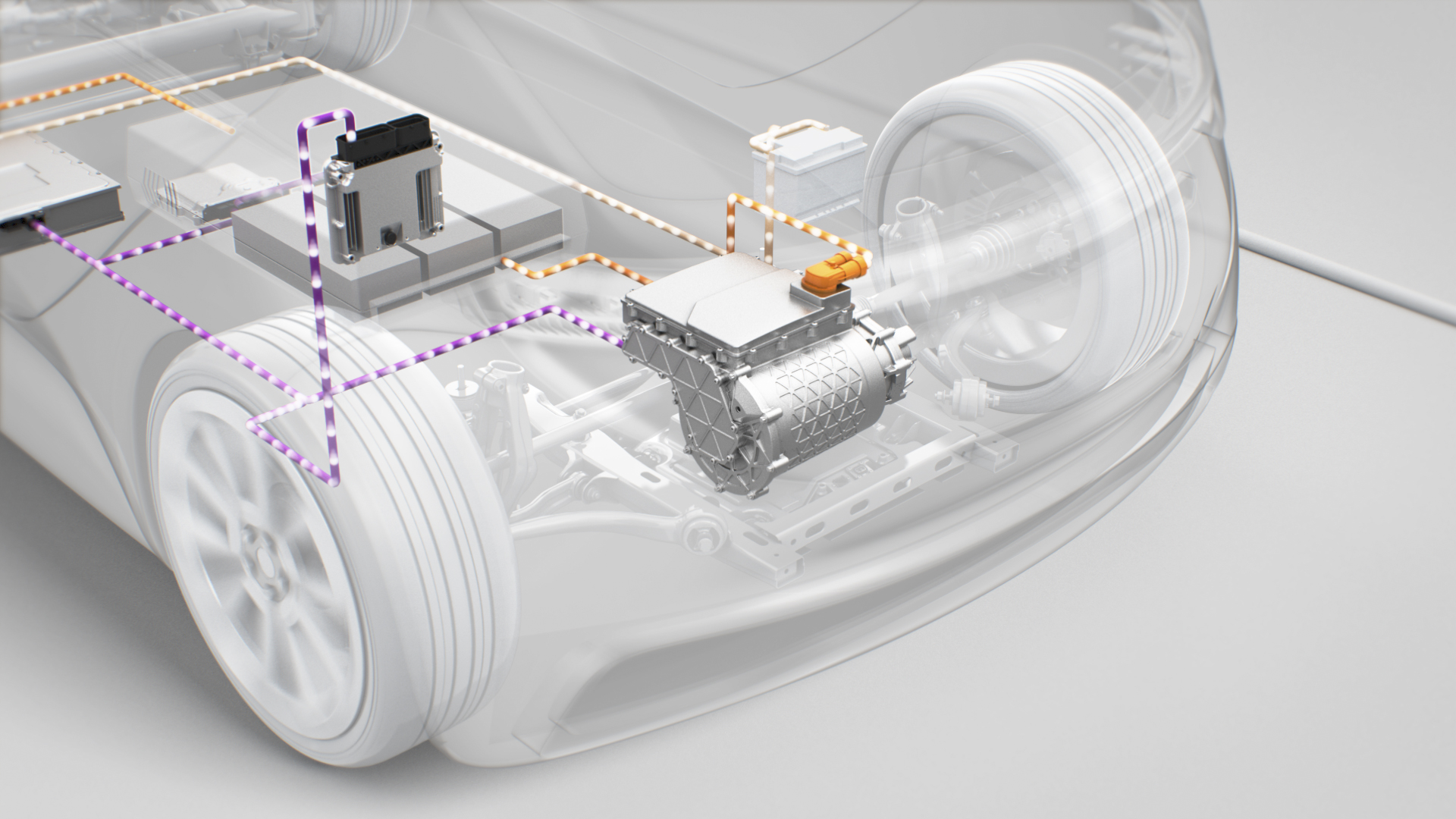Electric Vehicle Engineering
Electric Vehicle Engineering
40 SEATS
24 MONTHS
Bologna
English
For students who want to become electrical engineers, capable of developing and integrating the electrical energy systems of different types of electric vehicles.
Electric Vehicle Engineering (EVE) is an international master’s degree that provides in-depth knowledge of electric energy conversion devices and their integration into electric vehicles.
This course aims to train real experts in the design of electric driveline components and in the development of the driveline of a wide range of BEV – Battery Electric Vehicles, ranging from sport cars to heavy duty vehicles.
EVE graduates will be able to develop the main components of an electric traction system: batteries, electric motors, vehicle energy, power electronics, battery chargers, on-board power systems.
At the time of graduation, students will have knowledge of the energetic system, electrical systems, communication systems and control systems used in electric vehicles.
The course is under the administration of the University of Bologna and the teaching venue is the Department of Electrical, Electronic and Information Engineering “Guglielmo Marconi” in the same city.
© Electrification for passenger cars Bosch eAxle

Admission Process
Admission is based on merit and interviews to assess motivation and skills.
To be admitted, students must have a bachelor’s degree or equivalent, an appropriate knowledge of basic sciences (mathematics, computing, statistics, physics and chemistry) and basic engineering subjects.
Students are also required to have an appropriate knowledge of English at least at level B2 of the Common European Framework of Reference for Languages.
Internship and Career Perspectives
Designed in close collaboration with leading companies in the automotive sector, the course enables graduates to integrate seamlessly into high-level roles in the research, development and manufacturing environments focused on electric vehicles and their technologies.
At the end of the second academic year, the program also includes mandatory internships in private companies and lab-based thesis preparation activities carried out following a “project work” approach.
The graduate in Electric Vehicle Engineering will be able to understand, propose and adapt what is being developed in this flourishing field, playing a fundamental role in the innovation of the electric automotive sector, whose future development will increasingly depend on such technologies.
The overall education makes the graduate in Electric Vehicle Engineering an ideal candidate to play the role of project manager in the conception, design, realization and maintenance of complex systems where the overall functionality depends on the interaction of several heterogeneous systems with a strong electric component.
Topics
- Electric drivelines
- Charging systems
- Electric motors
- Power electronics
- Battery Systems
- Onboard electric power systems
- Thermal conditioning systems


